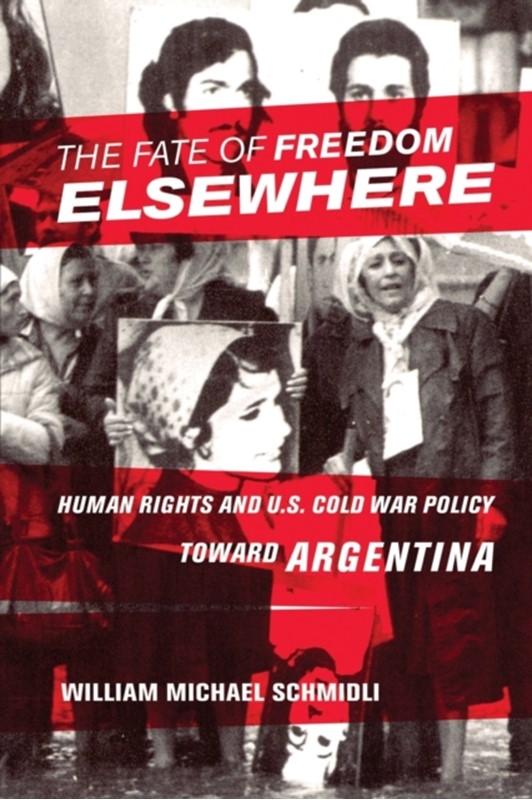Cultures at War - - Bog - Cornell University Press - Plusbog.dk
The Cold War in Southeast Asia was a many-faceted conflict, driven by regional historical imperatives as much as by the contest between global superpowers. The essays in this book offer the most detailed and probing examination to date of the cultural dimension of the Cold War in Southeast Asia. Southeast Asian culture from the late 1940s to the late 1970s was primarily shaped by a long-standing search for national identity and independence, which took place in the context of intense rivalry between the United States and the Soviet Union, with the Peoples'' Republic of China emerging in 1949 as another major international competitor for influence in Southeast Asia. Based on fieldwork in Burma, Indonesia, Laos, Malaysia, the Philippines, Singapore, Thailand, and Vietnam, the essays in this collection analyze the ways in which art, literature, film, theater, spectacle, physical culture, and the popular press represented Southeast Asian responses to the Cold War and commemorated that era''s violent conflicts long after tensions had subsided. Southeast Asian cultural reactions to the Cold War involved various solutions to the dilemmas of the newly independent nation-states of the region. What is common to all of the perspectives and works examined in this book is that they expressed social and aesthetic concerns that both antedated and outlasted the Cold War, ones that never became simply aligned with the ideologies of either bloc. Contributors: Francisco B. Benitez, University of Washington; Bo Bo, Burmese writer (SOAS, University of London); Michael Bodden, University of Victoria; Simon Creak, Australian National University; Gaik Cheng Khoo, Australian National University; Rachel Harrison, SOAS, University of London; Barbara Hatley, University of Tasmania; Boitran Huynh-Beattie, Asiarta Foundation; Jennifer Lindsay, Australian National University

















































